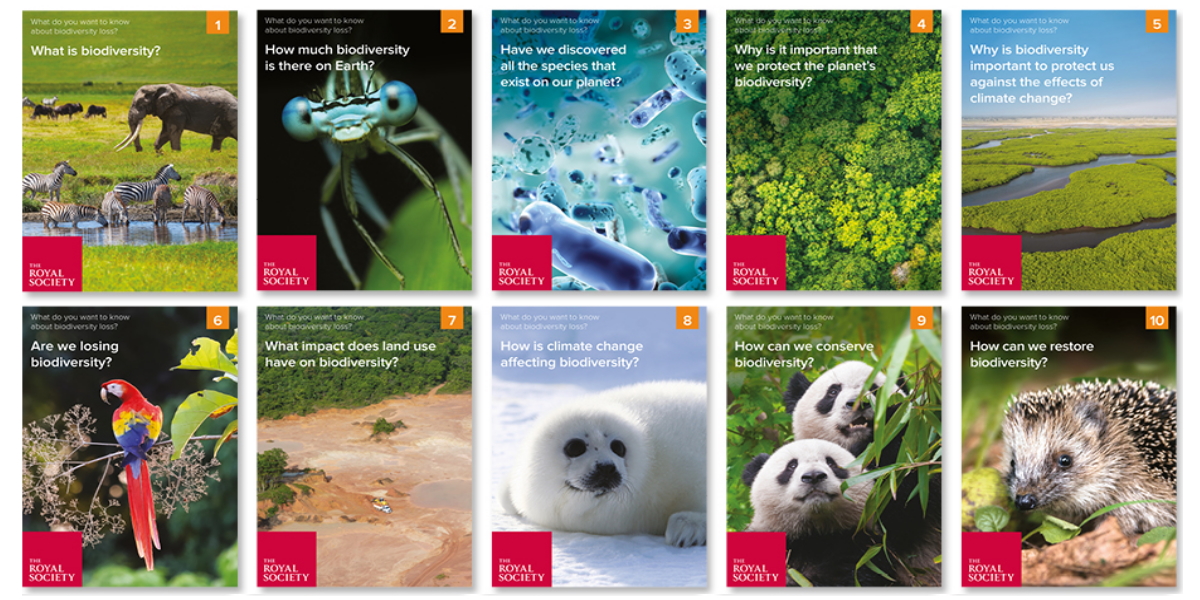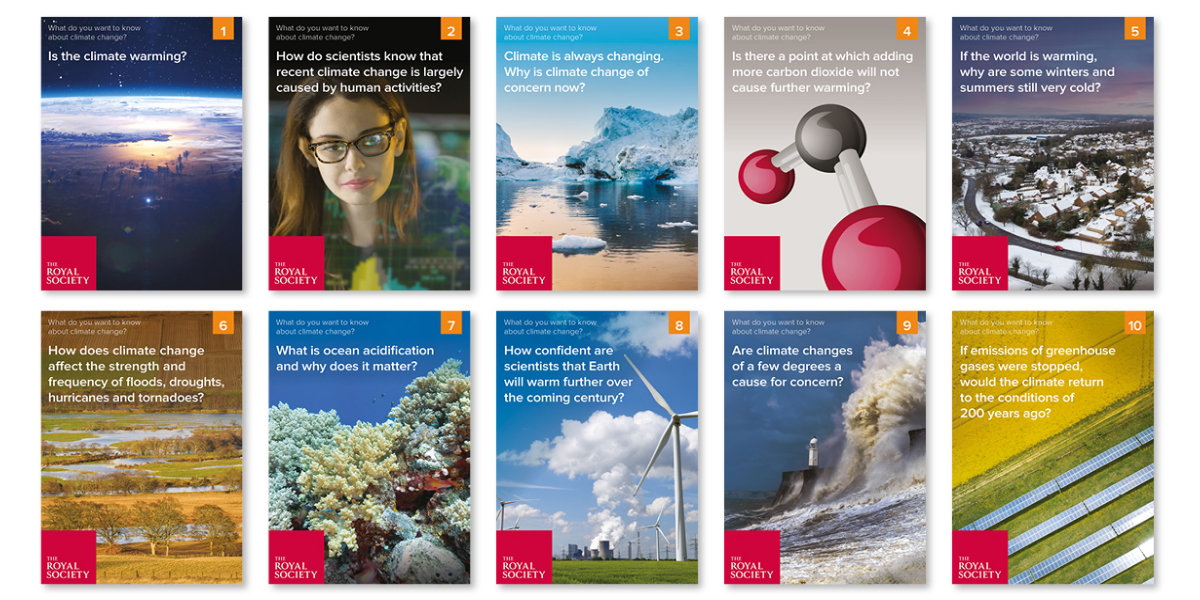Filters
Clear allSubject
Age range
Type
- Activity sheet (1) Apply Activity sheet filter
- Article (48) Apply Article filter
- Assessment (1) Apply Assessment filter
- Image (1) Apply Image filter
- Information sheet (2) Apply Information sheet filter
- Poster (2) Apply Poster filter
- Presentation (2) Apply Presentation filter
- (-) Remove Research filter Research
- Teacher guidance (2) Apply Teacher guidance filter
- Include Physical Resources (0) Apply Include Physical Resources filter
Showing 59 results
This resource is a compilation of reports by the Qualifications and Curriculum Authority (QCA) and Ofqual reviewing standards over time in science subjects at GCSE and A levels.
...
A Catalyst article about the inner surface of lungs, which is coated with surfactant, allowing oxygen to enter the bloodstream. When babies are born very prematurely they can lack this surfactant, and this can make it very difficult for them to breathe. This is called Respiratory Distress Syndrome (RDS). This...
A Catalyst article about the problems of badgers transmitting tuberculosis to cattle, but is a cull of badgers a solution to the problem? When cattle are found to be suffering from tuberculosis, a disease which can be passed onto humans, they are routinely slaughtered. It is known that badgers can transmit the...
This Catalyst article looks at how our knowledge of the human genome has increased greatly during the last 10 years, and genome sequencing techniques have become much faster. On 26th June 2000 it was announced that scientists had completed a first draft of the human genome, the DNA instructions for making a human...
This report was intended to provide a longer term perspective on changes taking place in students’ understanding over the compulsory school years. The topic of air was chosen on the basis both of its importance throughout school science and its accessibility to students...
A Catalyst article about deciding right from wrong in biology. Modern science raises many ethical questions. How these questions can be answered either ethically or by coming to a personal decision is discussed. How ethical frameworks can be used to address ethical questions is applied to the case of genetically...
A Catalyst article about Socotra, a small archipelago of four islands in the Indian Ocean off the horn of Africa, belonging to the Republic of Yemen. The islands are becoming famous for their range of animal and plant species and for their use as a natural 'laboratory' where ideas about evolution can be tested. The...
OPM conducted an evaluation of the Triple Science Support Programme (TSSP) across the years 2014- 2016 of the programme, to evidence the extent of impacts of the programme on three key groups: teachers, students, science departments, senior leaders, and whole schools.
A Catalyst article about one botanist's exploratory expeditions around the world looking for new plant species.
This article is from Catalyst: GCSE Science Review 2004, Volume 15, Issue 2.
Catalyst is a science magazine for students aged...

These evidence-based, question and answer style classroom resources can be used to engage students of all ages...

These evidence-based, question and answer style classroom resources can be used to engage students in the climate...
A Catalyst article about the naming system used for biological species, devised by Linnaeus. The purpose of biological names is investigated and the article also explains how the naming system works.
This article is from Catalyst: Secondary Science Review 2009, Volume 19, Issue 3.
...
This Catalyst article explains why there are many anti-bacterial drugs but few antivirals. There are millions of bacteria everywhere – on skin, in the gut, and on food. Bacteria have been troubling human beings for as long as they have been around, so a lot of effort has been directed into finding ways to fight...
Dr Laura Hobbs is a research scientist at the University of Strathclyde and the Scottish Association for Marine Science. She uses data from instruments, called echosounders, that use sound waves to monitor the depth and abundance of zooplankton in the Arctic Ocean. Studying copepods, her research has shown that...
Pages
- « first
- ‹ previous
- 1
- 2
- 3
- 4
